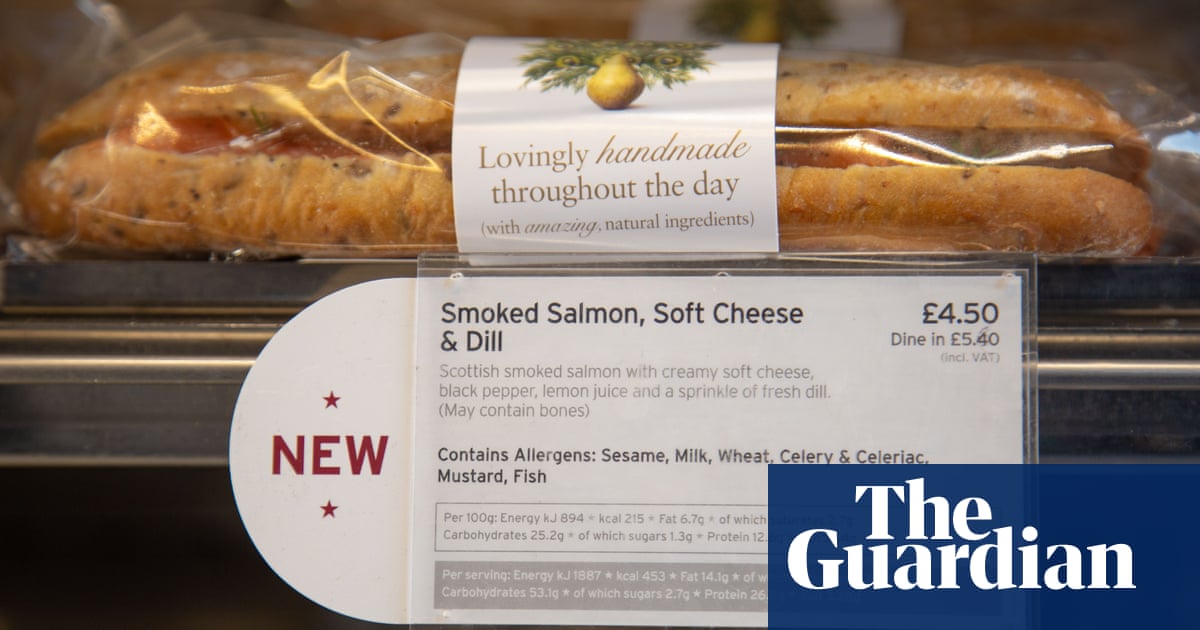
Hugh Fearnley-Whittingstall, Thomasina Myers, and David Gandy have backed calls for a ban on junk food advertising on TV before 9pm to form part of Boris Johnson’s “war on obesity”.
The UK prime minister, who reportedly blamed his weight after he needed intensive care treatment for Covid-19, is expected on Monday to launch an emergency drive to slim down the nation before an anticipated second wave of coronavirus and has been urged to curb the promotion of junk food to young people.
In a letter to Johnson, shared exclusively with the Guardian, BiteBack2030, a teenage-led campaign group, backed by supporters also including James Cracknell and the Conservative MPs Dr James Davies and Andrew Selous, writes: “Teens everywhere are being manipulated into eating food that is bad for them. During the day, 50% of food adverts are for HFSS (high in fat, salt or sugar) food, rising to 60% from 6-9pm.
“They want an end to this relentless marketing. Instead they want you to force companies to make stars of healthy options – hiring the most creatively brilliant minds to deliver fantastic food ads; using their favourite sports stars and movie heroes to encourage them to eat food that is good for their health, not bad. That is why we support a 9pm watershed on junk food advertising both on TV and online (streaming services).”
They say simultaneous action is vital to restrict online advertising and in-store promotions, to avoid mere displacement of marketing spend, saying that “not acting now risks seriously undermining your obesity strategy from the start”.
Fearnley-Whittingstall said if the government was to get anywhere near its target of halving child obesity by 2030, it must use every tool at its disposal, and a strategy without a ban on pre-watershed junk food advertising would be “toothless”.
He told the Guardian: “It isn’t enough just to have a few campaigns that go the other way. You’ve got to be much more systematic, you’ve got to reduce the pressure and exposure on young children to junk food advertising if you’re going to get them to eat healthier food.
“The big fast food companies, the giant global brands, the McDonald’s, Burger Kings, the Subways, this isn’t something that means they can’t advertise. They can still advertise but they can advertise their healthier options in the same spaces, and they can continue to tailor them and offer more healthy food to kids. And actually that’s what will happen if their opportunity to reach kids is more restricted to advertising food that’s better for kids. They’ll actually put more effort into being creative and making that better food. That’s got to be the direction of travel.”
Fearnley-Whittingstall said while Johnson had traditionally been reluctant to intervene in the nation’s health, the country had just experienced “the biggest intervention in history (lockdown)”.
The UK has the highest death rate from coronavirus in Europe, with one potential factor – high rates of obesity and associated lifestyle-linked conditions such as type 2 diabetes and high blood pressure – linked to worse Covid-19 outcomes.
In England, 64% of adults are classed as overweight or obese and 29% as obese as measured by BMI, among the highest levels in Europe.
A report published by the Nuffield Trust and the Association for Young People’s Health last year found that the UK had the highest rates of obesity (8.1%) for 15- to 19-year-olds among 14 European comparator countries.












